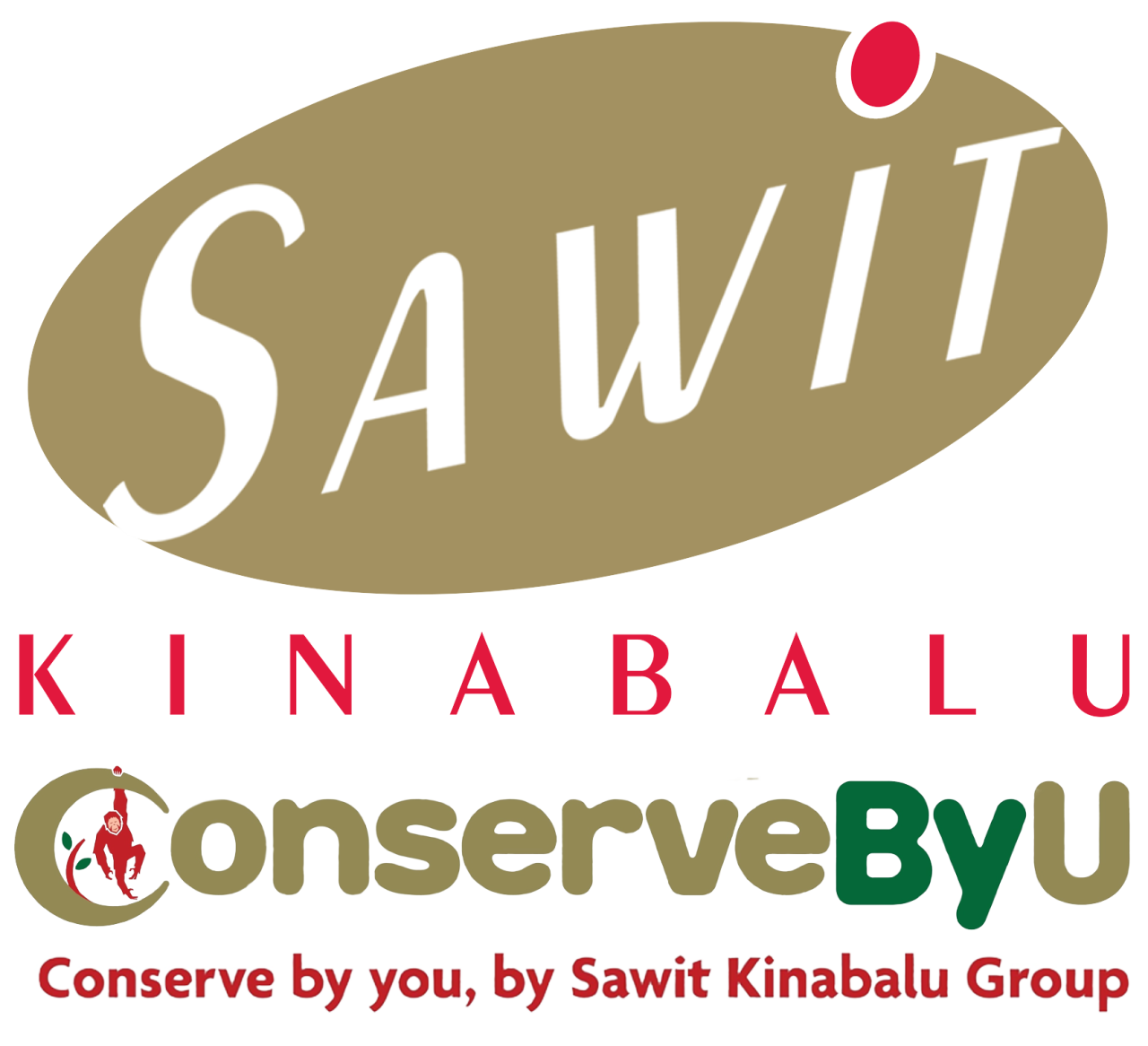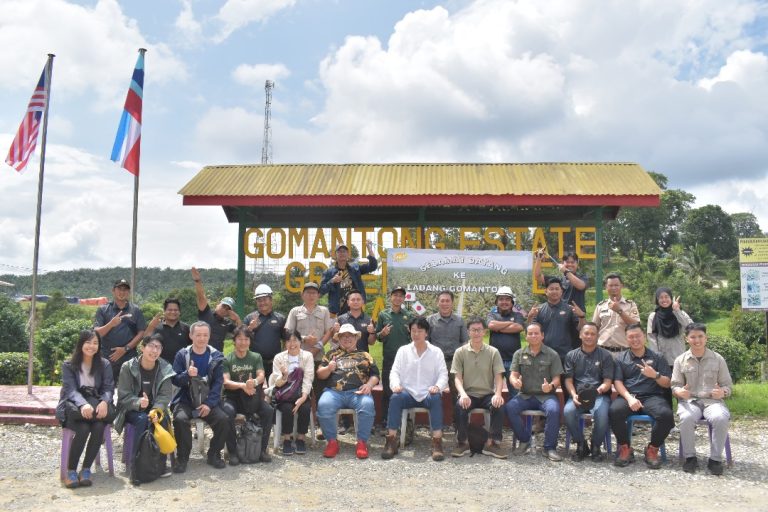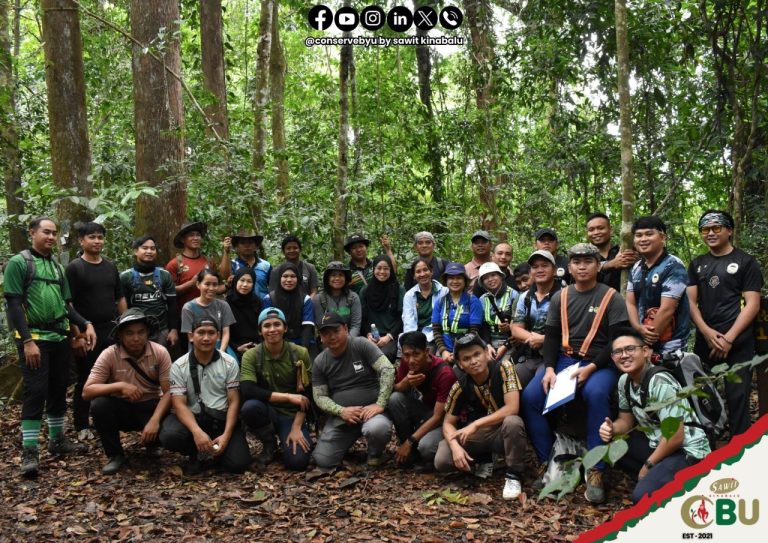Malaysia is known as one of the world’s top oil consumers. To guarantee the industry’s balanced performance in terms of economic, environmental, and social performance, a number of sustainability standards have been created. Nevertheless, compared to the economic and environmental issues, the social side of palm oil sustainability has gotten relatively less attention. It is frequently asserted in literature, by professionals, and in anecdotal evidence that this is because it is difficult to assess and evaluate social elements and their effects.
The palm oil business in Malaysia, one of the biggest producers and exporters of palm oil, contributes roughly 37.9% of the GDP of the nation through the agriculture sector (DOSM, 2019). But in recent years, worries about sustainability problems associated with palm oil extraction have grown. Advocates claim that the deforestation brought on by the palm oil business has resulted in biodiversity loss, increased soil erosion, and loss of wildlife habitat (Sayer et al., 2012).
Global attempts to manage and mitigate concerns including climate change, resource scarcity such as energy, food, and water, and societal problems (aging, poverty, and human rights) have heightened the need for sustainable development over the past two decades. Institutions, governments, and non-governmental organisations have started integrating sustainability practices or elements into their various fields since it is marketed as the most important direction for future development. Sustainable development is one of the most effective methods to handle and lessen these issues while continuing to strengthen economies and provide opportunities for the expanding global population.
In recent years, the palm oil industry’s sustainability has come under scrutiny. On the one hand, palm oil is the most adaptable oil and is used as a primary ingredient in a wide range of goods, including food, cosmetics, natural preservatives, cooking oil, and biofuel. With around 36.43% of the world’s consumption, palm oil continues to dominate the oils and fats market (Shahbandeh, 2020). It is followed in consumption by soybean oil (27.75%) and rapeseed (canola) oil (13.56%). On the other hand, it is argued that the palm oil business is one of the main causes of deforestation and the loss of biodiversity. Many endangered species, including orangutans, elephants, tigers, and rhinos, lose their native habitats when vast tracts of virgin tropical forests are removed to make way for oil palm plantations (Comte et al., 2012). Additionally, it’s thought that the farming methods used in oil palm plantations contribute to soil erosion, water pollution, and haze problems linked to peatland burning (Bissonnette, 2016).
Large-scale oil palm estates in particular have been linked repeatedly to detrimental socioeconomic effects on rural communities, indigenous people, and estate workers. Poor working conditions and lack of access to school-based education and training are also cited as ignoring the welfare and well-being of plantation workers. As a result, a number of non-governmental organisations (NGOs) have started a number of anti-palm oil campaigns to raise awareness of the social sustainability problems linked to the production of palm oil (Goh, 2016). The demand for crude palm oil has been significantly impacted by these international efforts against palm oil, particularly in affluent nations like those of the European Union. The Malaysian government has been aggressively defending the industry’s sustainability through the implementation of sustainability certification along the whole supply chain for palm oil, as well as by coordinating awareness-raising programmes and branding initiatives.
The industry is under enormous pressure to fulfill the rising demand for fat and oil brought on by the expanding population while incorporating sustainable practices into its operations as a result of the growing awareness of sustainable development. Institutions (such as local government) and NGOs have created several sustainability criteria to control every step of the palm oil supply chain, from oil palm plantations to the production of finished goods. The Roundtable on Sustainable Palm Oil (RSPO) is the most well-known and widely recognised of the sustainability certifications. About 90% of the world’s palm oil is produced in Malaysia and Indonesia, which both require adherence to national sustainability certifications known as Malaysian Sustainable Palm Oil (MSPO) and Indonesian Sustainable Palm Oil Standard (ISPO), respectively.
All industry players, including the government, business entities, corporations, and the general public, must work together to achieve sustainable development in order to improve the overall quality of life while maintaining environmental and social well-being. Despite its significance as a well-recognized component across various industries and countries, social sustainability continues to be a very idealistic framework with little real implementation. On the other hand, it is hard to completely replace palm oil, and the necessity for the industry to be sustainable is essential.
Source: https://www.frontiersin.org/articles/10.3389/frsus.2022.855551/full#main-content






